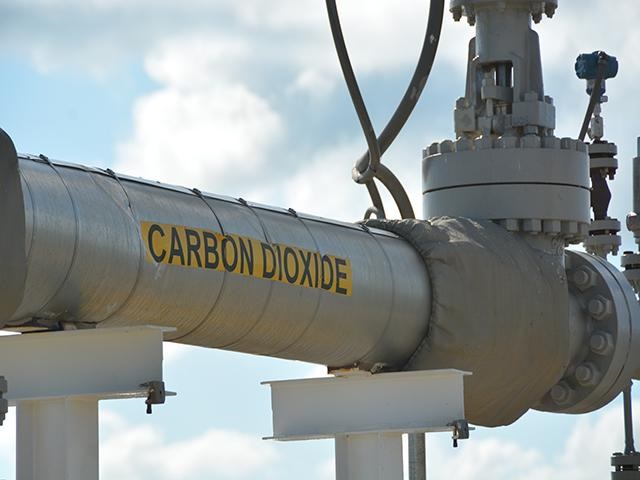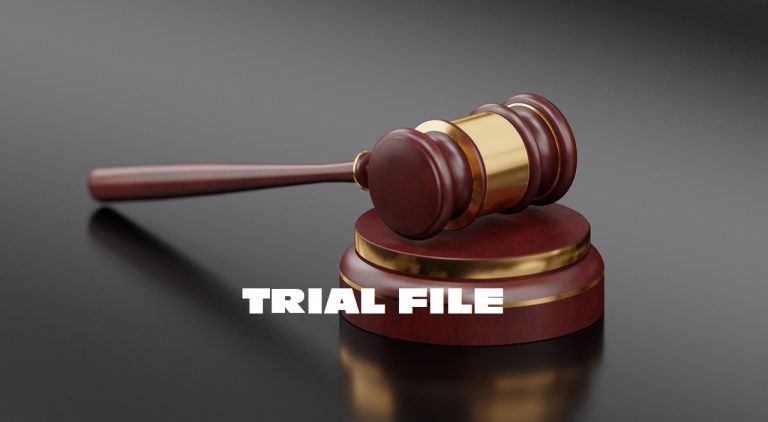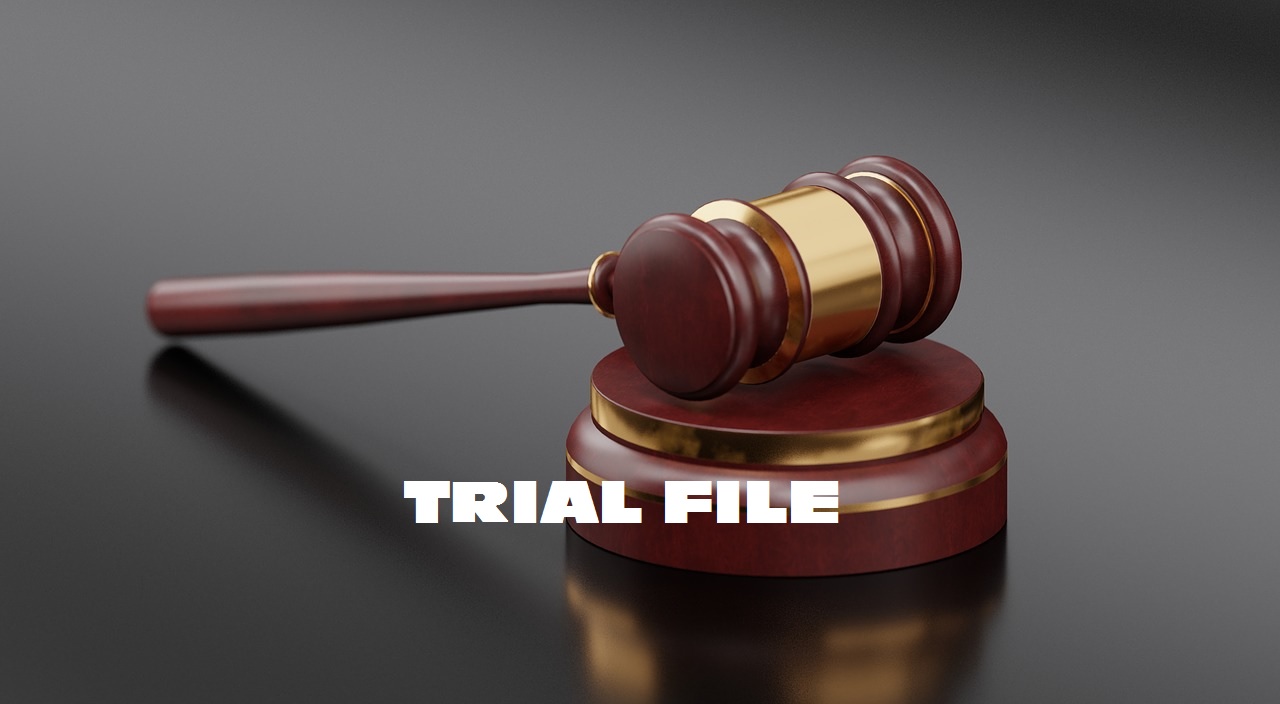PIERRE, S.D. – State lawmakers opposed to Summit Carbon Solution’s proposed carbon capture pipeline are ineligible to file opposition to the project in their official capacities.
That’s according to an official opinion released by the Public Utilities Commission (PUC) staff — the entity tasked with moderating and providing input to the three-member commission about matters that appear before them — after a trio of incoming and current lawmakers filed petitions to receive party status in the matter. Summit has applied with the PUC for a permit to construct the pipeline to capture carbon from ethanol facilities.
Rep. Ben Krohmer of Mitchell and Sen. Brent Hoffman of Sioux Falls, both outgoing lawmakers with terms that expire in January, attempted to file opposition documents to the pipeline, in their official capacities as representatives of their districts. Impacted parties on either side of the carbon pipeline issue, such as advocacy groups and nearby landowners, have the ability to apply to be impacted parties, thus earning a seat at the table during the PUC’s proceedings.
While government entities such as counties or cities can file to oppose the pipeline, individual lawmakers cannot, wrote PUC attorney Logan Schaefbauer.
“It is staff’s interpretation that SDCL 49-41B-17(3) provides for intervention by the governmental entity, rather than specific elected members of the body,” Schaefbauer wrote in a three-page opinion. “Therefore, in order to qualify for intervention, an elected official would need to qualify in their individual capacity as a resident in the area where the facility is proposed to be sited or directly interested person.”
Since Krohmer and Hoffman both live outside of the two-mile radius for the proposed route, they’re ineligible to enter themselves as officially opposed to the project on the PUC’s docket.
Summit concurred in the PUC staff’s opinion in a written response of their own.
“Applicant (Summit) objects to interventions based on holding a political office,” attorneys representing Summit responded. “There is no provision in law or rule for state legislators, county commissioners, township supervisors or city commissioners to intervene in this contested case hearing based on their political status.”
Lawmakers can, however, file as intervenors in the case if they are within a two-mile radius of the proposed route. Incoming lawmaker Kaley Nolz, also of Mitchell, was granted party status based on this precondition.
Hoffman told The Dakota Scout that he first signed up to be considered as an interested party because he thought that the distance from the pipeline to apply was 10 miles. He owns a farmhouse within that distance of the proposed route.
He added that he wanted to make sure someone was watching out for the people of his legislative district.
“I also encouraged the Hartford City Council and mayor to request party status,” Hoffman added.
Originally, the PUC did apply a presumptive 10-mile distance as the standard for considering direct interest in the project. However, the commission has since narrowed its focus on those within a two-mile radius as having a stake in the process.
“The presumptive distance is not a strict rule, so the applicant for party status has the ability to explain their direct interest if their distance from the project is greater than two miles,” a spokeswoman for the commission said.
Despite the denial, Krohmer argues that state lawmakers are uniquely positioned to represent the concerns of their constituents, even if the law does not explicitly allow them to do so in this case.
“I have been contacted by many concerned constituents that live in the effected counties in my district,” Krohmer said. “(And) legislators are elected officials that represent their constituents. If Summit doesn’t believe elected officials should be able to represent their constituents, and they want people to file on their own, then perhaps we should take them up on that.”













